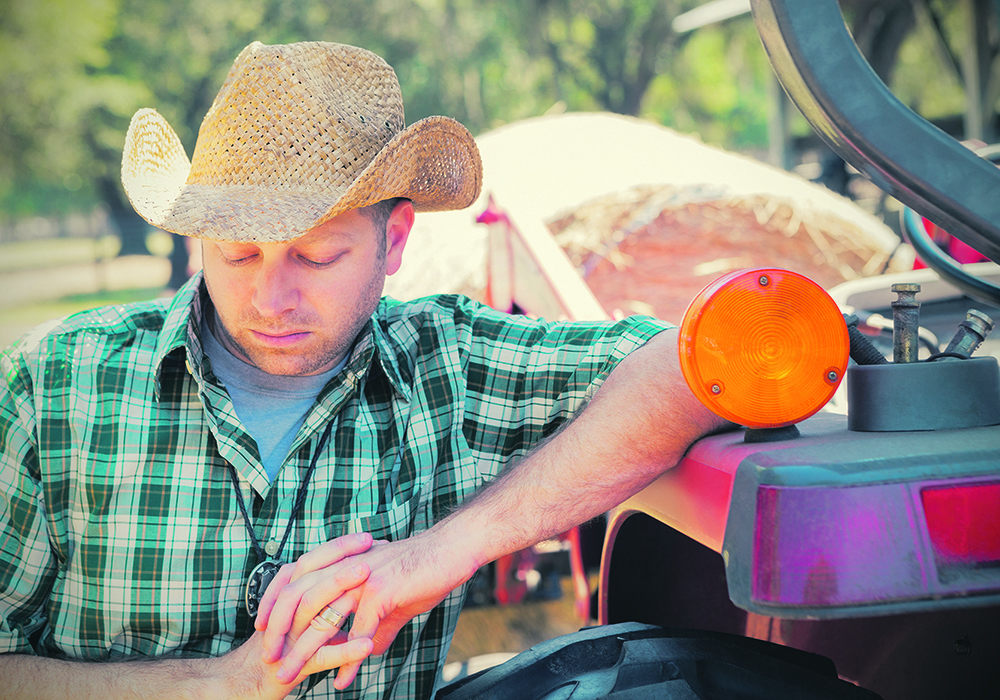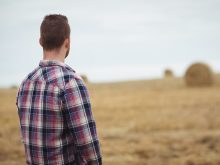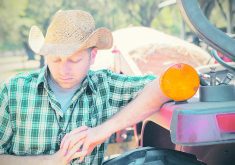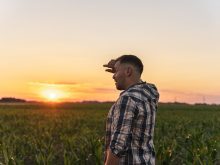The mental health of farmers and ranchers is a key focus of a new program developed amid the COVID-19 pandemic.
Sask AG Matters Network was formed by professional researchers from the University of Saskatchewan, the University of Regina, Saskatchewan Polytechnic, the University of Manitoba and the Saskatchewan Health Authority.
It aims to provide mental wellness resources to anyone in the agriculture community, supported by registered nurses, nurse practitioners, agricultural industry partners, massage therapists, a rural suicide interventionist and undergraduate student research assistants.
Cynthia Beck, co-director of the network, said feedback has been positive from those using the program, which she credits to the work of licensed health providers who have experience with farming stressors.
Read Also

Saskatchewan puts crown land auction on hold
Auctions of Saskatchewan crown lease land are once again on hold.
“These are providers who have an agricultural background,” she said. “They’re competent. They’re registered and licensed health professionals. We are creating a bridge to make things less difficult.”
Beck said easy access to the program is vital because one of the biggest challenges for those seeking help is knowing where to begin.
“Part of the difficulty with getting mental health services is having no idea how to go about it because it’s not evident, especially if you’re vulnerable.”
The Sask AG Matters Network website allows users to choose a provider and connect with them by telephone. It can be found at www.saskagmatters.ca.
The cost of each service is covered through the program and the user’s identity remains confidential.
“The (health care) provider just calls us and says, ‘hey, I have a producer here.’ We just write the cheque. We also never know who’s been there or who’s received services.”
Donations are essential for maintaining the program.
Will Banford, a farmer and a student at the University of Saskatchewan, helped with that. He and his family raised $26,800 by selling a heifer at a Red Rock Land and Cattle sale.
“Our farm donated (the heifer) to get the ball rolling,” said Banford, who raised the money in late 2020.
“During the COVID times, it was something that we felt we wanted to do. From there, my dad kind of left it up to me.”
Banford said the program is a step toward ending the stigma for farmers about seeking help for mental health.
“It’s something that isn’t talked about at all. I feel really passionate for breaking that stigma,” he said.
Added Beck: “What’s really interesting is one of the first people to receive services through the network was so appreciative of what our team was doing that they went back to their community and held a fundraiser.”















